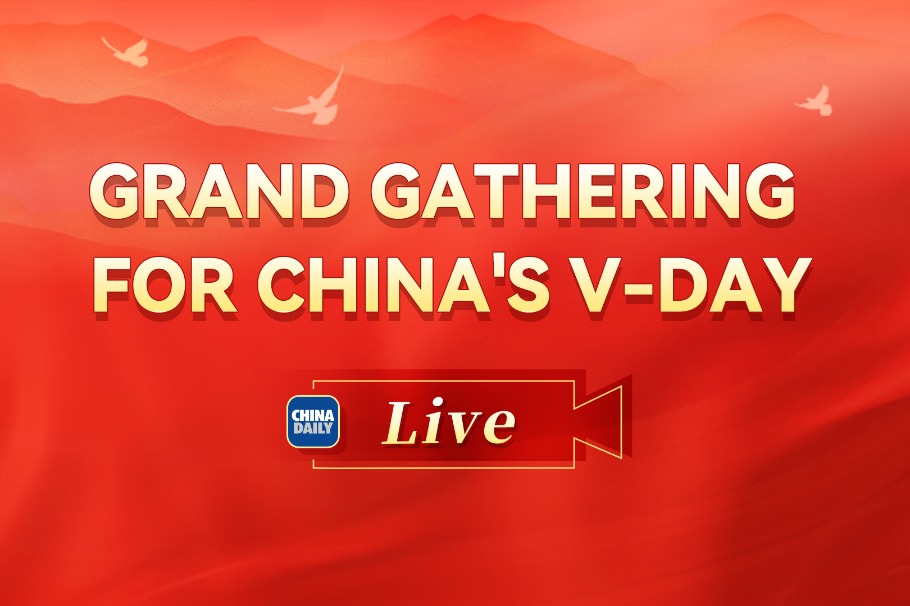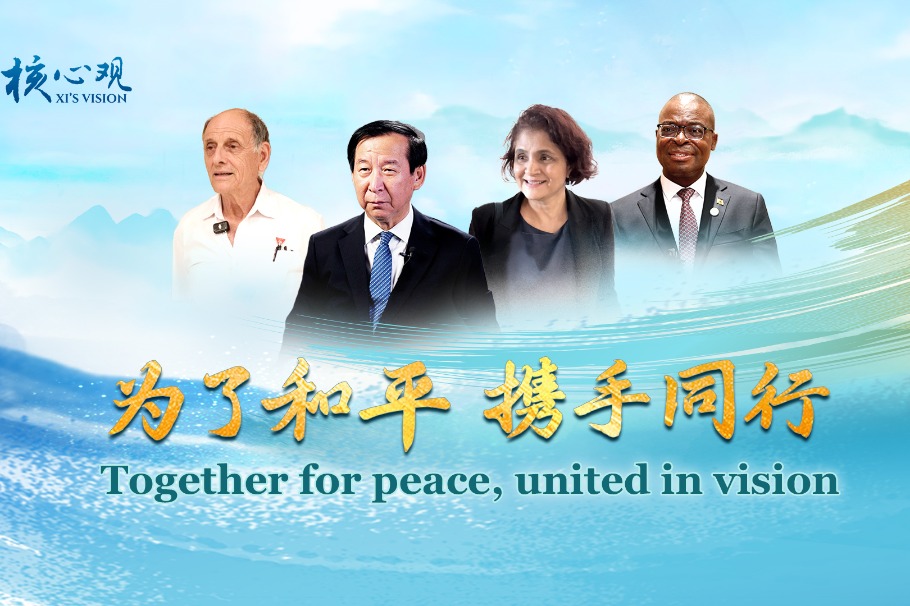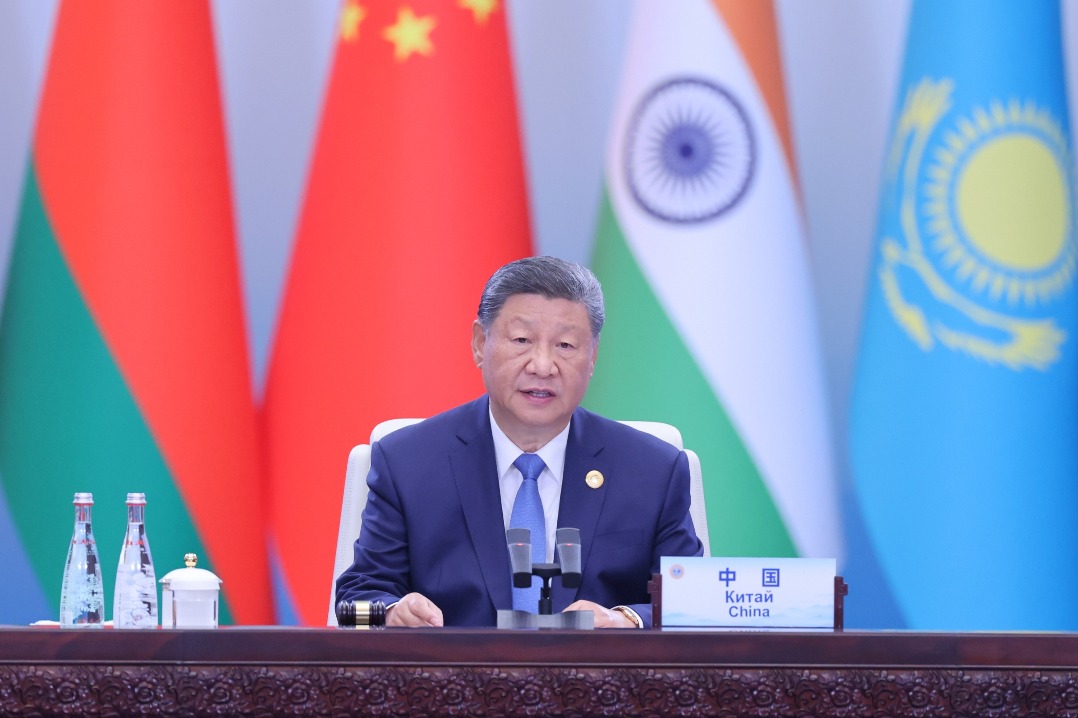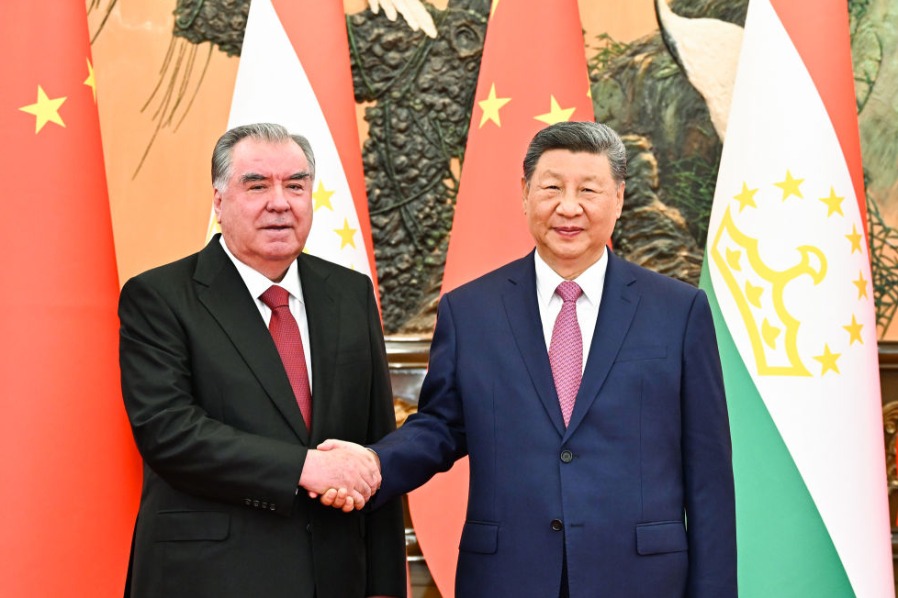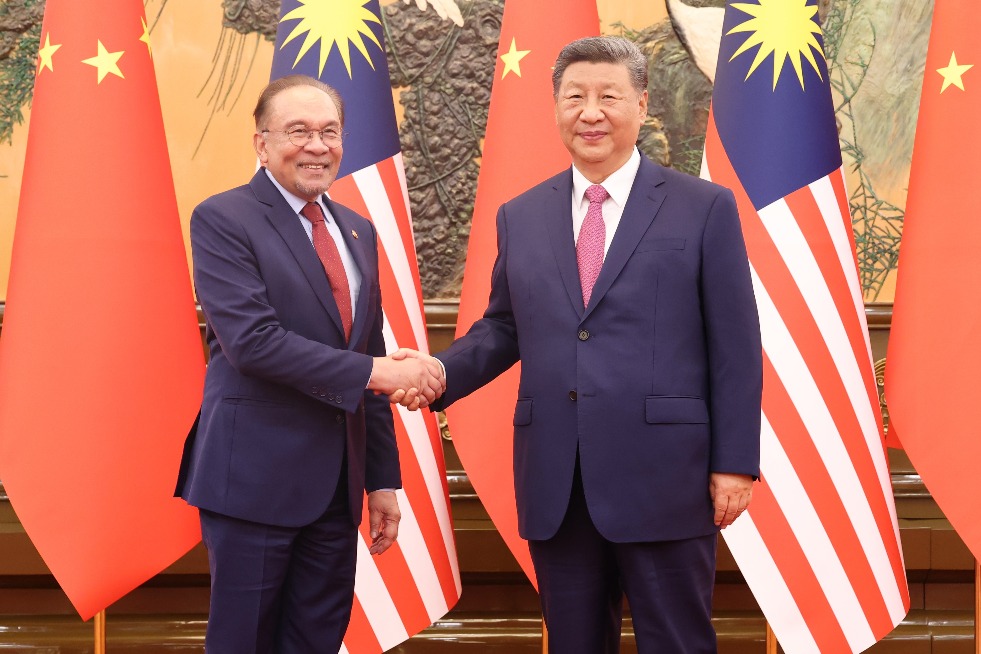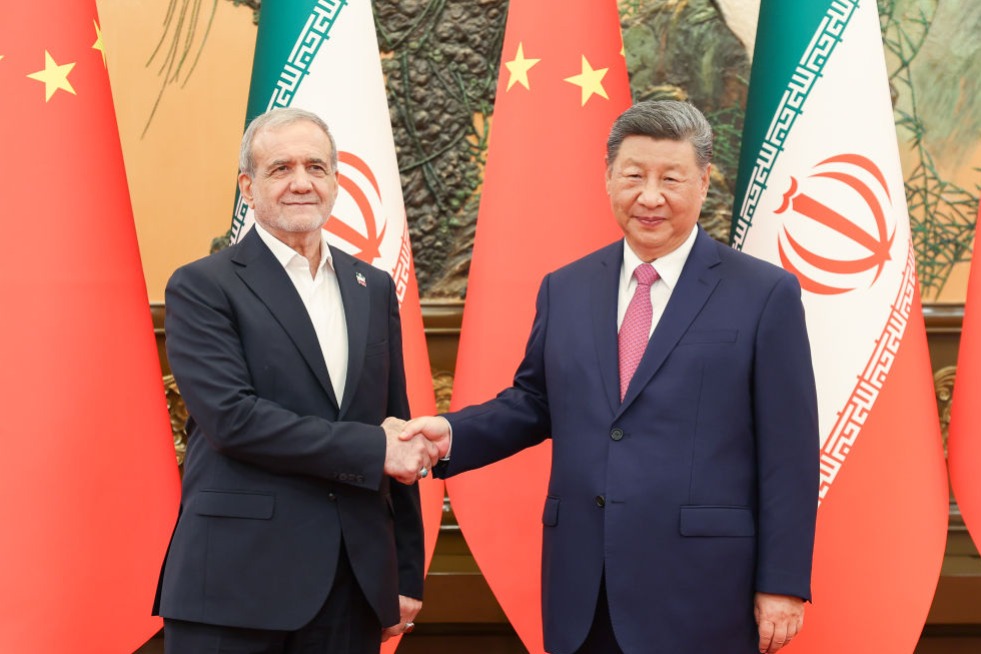Strategic weight of China-Russia partnership in multipolar era underscored by meeting: China Daily editorial

The meeting between Chinese President Xi Jinping and Russian President Vladimir Putin in Beijing on Tuesday has once again underscored the strategic weight of the China-Russia relationship as an example of major-country ties.
At a time of accelerating global transformation and turbulence, the two countries are standing firmly side by side, and providing strategic ballast for the multipolar world order.
Both sides have remained true to their original aspirations and maintained their resolve, achieving positive results in cooperation across various fields. In the process, China-Russia relations have withstood the test of a changing international landscape and set an example of major-country relations characterized by good-neighborliness, comprehensive strategic coordination, and mutually beneficial cooperation.
As President Xi pointed out, China is willing to strengthen high-level exchanges with Russia to support each other's development and revitalization, promptly coordinate positions on issues concerning the core interests and major concerns of both countries, and promote greater development of China-Russia relations.
That both China and Russia have strong driving forces for their respective development and revitalization provides them with broad space and potential to foster their cooperation with major projects. By carrying out some benchmark collaboration projects and giving full play to their demonstration effects, the two countries can further expand and deepen the integration of their interests.
To that end, as President Xi urged, the two sides should enhance the resilience of their cooperation, deepen their mutual understanding and make every effort to consolidate and maintain the overall situation of cooperation.
The breadth of cooperation agreements signed between the two countries on Tuesday — over 20 in energy, aerospace, artificial intelligence, agriculture, health, education and media — shows how the bilateral trust is being translated into tangible projects of strategic importance. This pragmatic and results-oriented approach ensures that China-Russia cooperation will continue to deliver benefits even amid global headwinds.
It is good to hear President Putin warmly echo his Chinese counterpart by expressing Russia's willingness to maintain strategic coordination with China, strengthen high-level exchanges, enhance practical cooperation in various fields, and promote the continued high-level development of bilateral ties.
Notably, as Xi said, the attendance of the Chinese and Russian heads of state at the respective celebrations in Russia and China commemorating victory in the World Anti-Fascist War, fully demonstrates the two neighbors' responsibility as major powers and permanent members of the United Nations Security Council to safeguard the fruits of victory in the war against fascism and defend a correct view of that part of history.
Moreover, in recognizing the timeliness and necessity of Xi's proposal of the Global Governance Initiative at the Shanghai Cooperation Organization Summit in Tianjin, Putin has acknowledged the important role the initiative can play in helping address the global governance deficit.
The initiative aims to unite all like-minded countries to uphold the purposes and principles of the UN Charter and promote a more just and equitable global governance system. The principles of the initiative are a direct response to the trust and fairness deficits in today's global governance and are in sharp contrast to hegemonism and unilateralism.
China and Russia should continue to strengthen their cooperation within multilateral platforms such as the SCO, the UN, BRICS, and the G20, and resolutely emphasize sovereign equality, international rule of law and multilateralism, to jointly promote the building of a community with a shared future for humanity.
Putin's congratulations to China on its successful hosting of the Tianjin Summit point to the rich outcomes of the event, which led to the achievement of multiple consensuses and effectively promoted the development of the SCO. Particularly, a development strategy for the SCO in the 2026-35 period was approved during the summit, setting the tone and direction for the organization's growth in the next decade.
The Xi-Putin meeting, held against the backdrop of the SCO Summit and China's commemorative events, is a demonstration of the strategic depth and cooperative breadth of China-Russia relations and their joint determination to contribute to a multipolar world of fairness and justice.
















